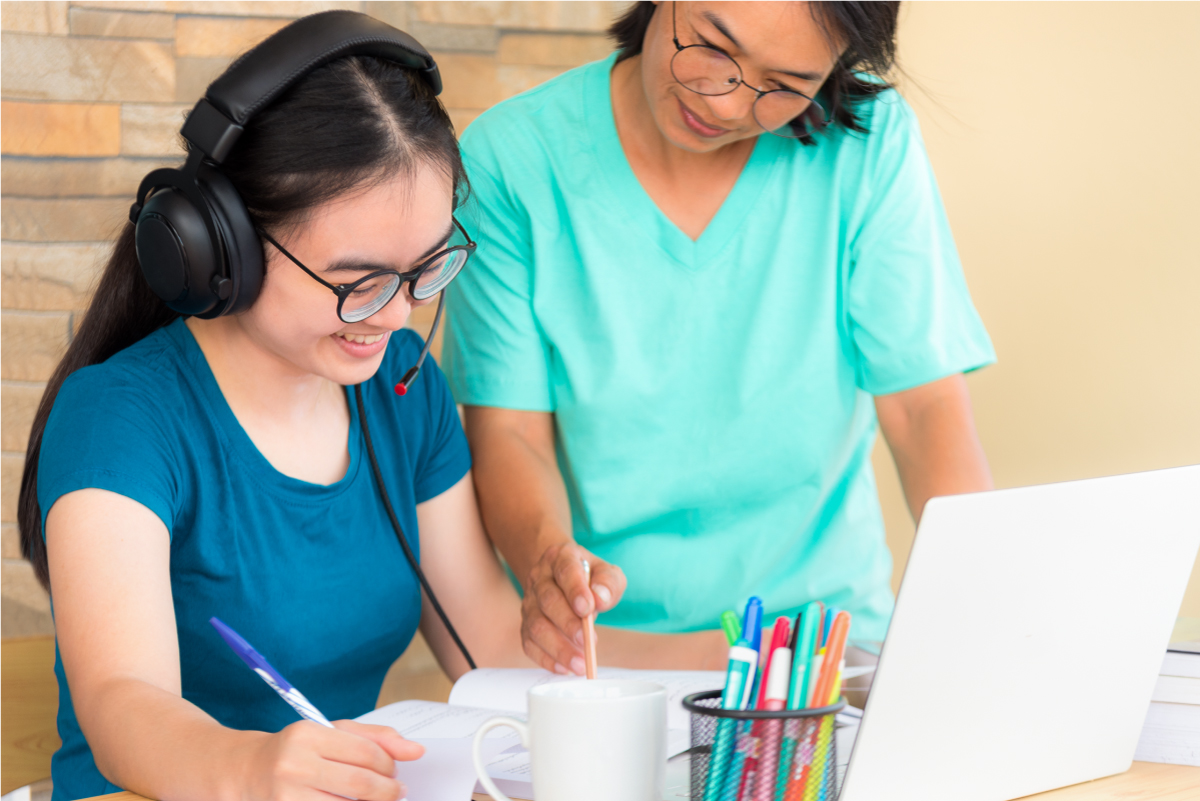
Instruction in Self-Advocacy
Instruction in self-advocacy is one of the five required Pre-Employment Transition Services of the 2014 Title IV, Amendments to the Rehabilitation Act of 1973 of the Workforce Innovation and Opportunity Act, PL 113-128 (29 USC 3101).
Instruction in self-advocacy (including instruction in person-centered planning), may include peer mentoring, and must be made available, in collaboration with local education agencies (LEAs), to all students with disabilities who need them, and are eligible or potentially eligible for VR services.
What is Self-Advocacy?
Often self-determination and self-advocacy are used interchangeably, yet in education and many other disability and research disciplines, self-advocacy is one element of self-determination. Self-advocacy refers to an individual’s ability to effectively communicate, convey, negotiate or assert his/her own interests and/or desires. The development of self-advocacy skills should be started at an early age. These skills will be needed in education, workplace and community settings (WINTAC, 2020).
What Skills are the Focus Areas of Instruction in Self-Advocacy as a Pre-Employment Transition Service?
- Disability disclosure
- Disability understanding
- Decision making (including supported decision making)
- Effective communication (requesting help, assertiveness, listening)
- Evaluating options
- Goal setting and attainment
- Identifying independence
- Identifying, selecting, requesting, ...utilizing modifications
- Intrinsic motivation
- Leadership (personal and systemic)
- Knowledge of rights and responsibilities
- Problem solving
- Progress monitoring
- Self-awareness
- Self-determination
- Self-efficacy
- Self-reflection
What is Person-Centered Planning? Person Centered Planning is an ongoing problem-solving process used to help people with disabilities plan for their future. In person centered planning, groups of people focus on an individual and that person's vision of their life and what they would like to do in the future.
What is Peer Mentoring? Peer mentoring is a key component of instruction in self-advocacy for pre-employment transition services. Peers are individuals who share some common characteristics, attributes or circumstances.
- Peer mentoring is a process through which a more experienced individual encourages and assists a less experienced individual within a shared area of interest.
- Mentoring relationships can keep students with disabilities in school, contribute to positive self-esteem, and identify realistic career and academic goals. Examples include:
- Peer mentors can share experience working in competitive integrated employment in similar career area(s) of interest;
- Peer mentors can share experience identifying their own support needs, requesting accommodations, using Disability Student Services on college campuses and other post-secondary education opportunities.
- Some State VR agencies have established peer mentoring programs for students with disabilities, which can be used as one strategy to deliver instruction in self-advocacy as a pre-employment transition service.
Resources for this Required Activity:
Recommended Training:
Related Topics:
Effective Practices
Transition education and services should be grounded in quality research. To do so, practitioners need information on which practices and programs are effective for students and youth with disabilities. More about Effective Practices.Secondary Education
Both vocational rehabilitation agencies and schools are required to provide transition services and supports to improve post-school outcomes of students with disabilities. More about Secondary Education.Youth Engagement
Youth engagement in transition services has the potential to empower young adults, increase their self-determination, and give them the skills and self-confidence they need to enter the workforce. More about Youth Engagement.
Training

Key Resources
Guiding Questions, Activities, Progress and Outcome Indicators:
Instruction in Self-Advocacy: WORD (docx) | PDF (PDF)- Progress Monitoring Toolkit (specifically sample tools and checklists for adapted use by student/youth)
Links to external resources based in researched concepts of self-advocacy and self-determination, useful for implementing instruction in self-advocacy as a pre-employment transition service. Agencies should thoroughly review resources to determine which activities are approved for vendor use in the delivery of pre-employment transition services. - Deaf Self-Advocacy Training
- Deafverse
- E-College
- Explore Work
- I’m Determined
- ME! Lessons for Teaching Self-Awareness and Self-Advocacy
- Pathways to the Future (West Virginia)
- Self-Advocacy and the Transition to College
- Self-Advocacy in the Workplace
- Self-Advocacy and Conflict Resolution Strategies
- Self-Determination Inventory System
- Self-Determined Learning Model of Instruction*
- The ARC Self-Determination Scale
- T-Folio
- Transition TN
- Youth in Action! Becoming a Stronger Self-Advocate
*indicates an effective practice




